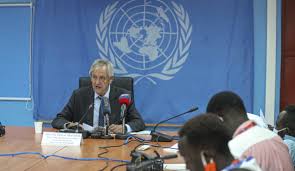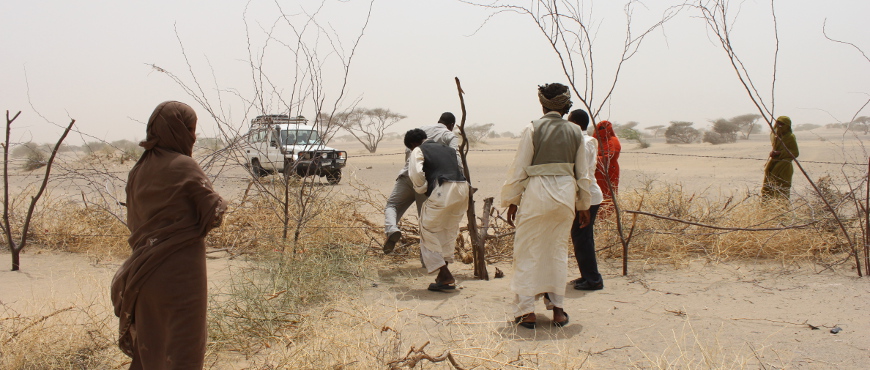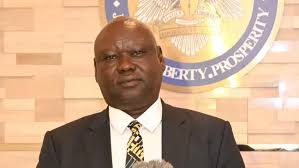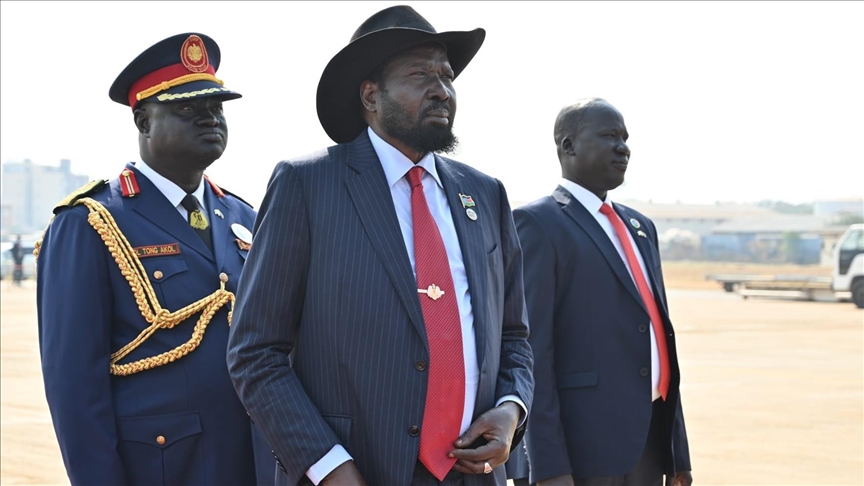As South Sudan approaches its planned December elections, the United Nations has raised serious concerns about the country’s readiness. Nicholas Haysom, the UN’s top envoy, told the Security Council that political players are still debating whether voting should occur this year, casting doubt on the December 22 date announced by the National Elections Commission.
The elections, meant to be South Sudan’s first since gaining independence in 2011, are crucial for implementing the peace agreement signed five years ago. However, Haysom outlined several unmet conditions necessary for credible and peaceful elections, including concerns about a recently passed security bill that grants sweeping powers to the National Security Service.
Compounding these political challenges is a dire humanitarian situation. More than 9 million people, or 76% of the population, require assistance, with over 7 million facing acute food insecurity. The country is grappling with chronic food shortages, the spillover from Sudan’s conflict, and a deteriorating economy exacerbated by oil pipeline issues.
UN officials warn of a “perfect storm” gathering, with potential flooding and economic crises looming. The halting of oil exports since February has led to a severe economic downturn, with inflation reaching 97% in June. These multifaceted challenges threaten to derail the country’s political transition and have significant implications for the broader East African region.
As South Sudan navigates this critical juncture, the international community watches closely. The country’s ability to address these interconnected issues will be pivotal in determining its path towards stability and development.



